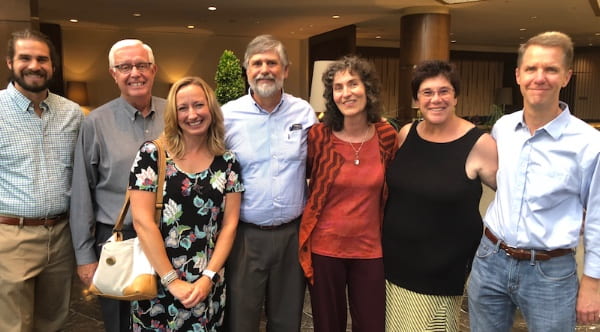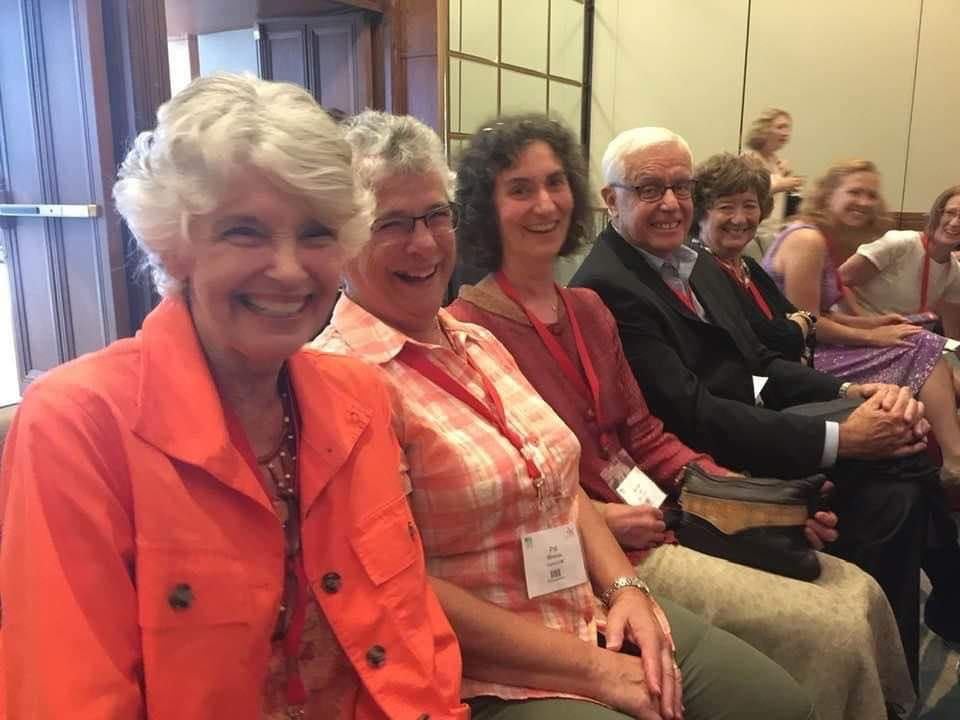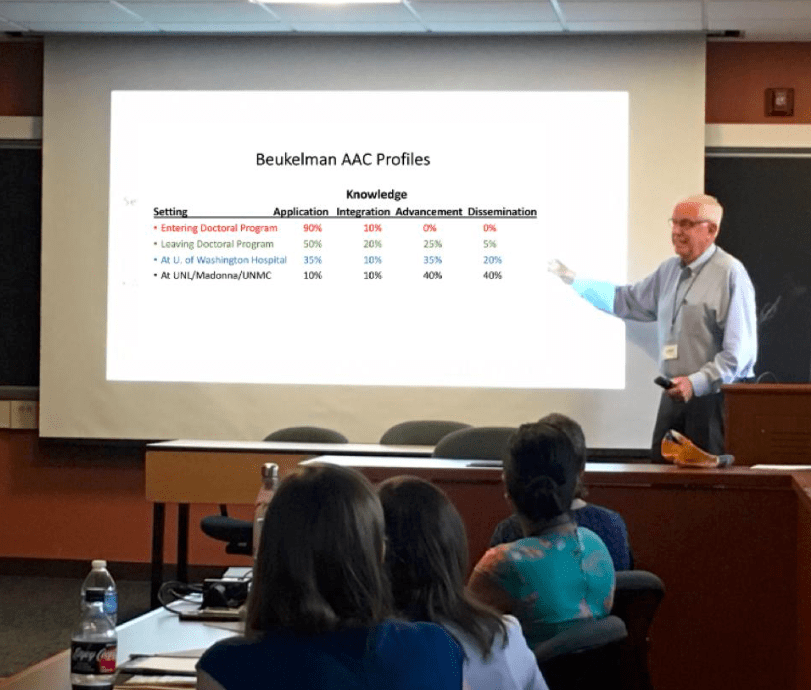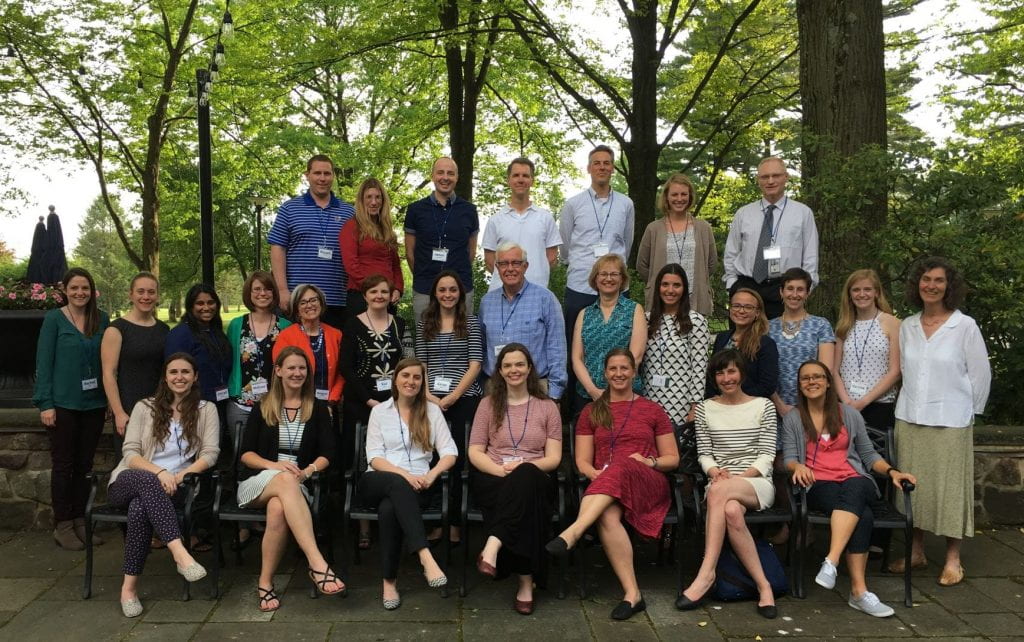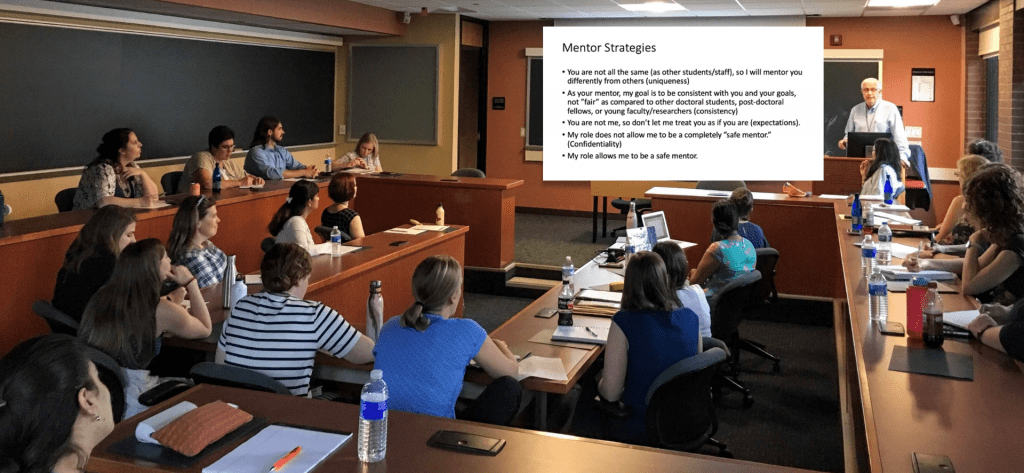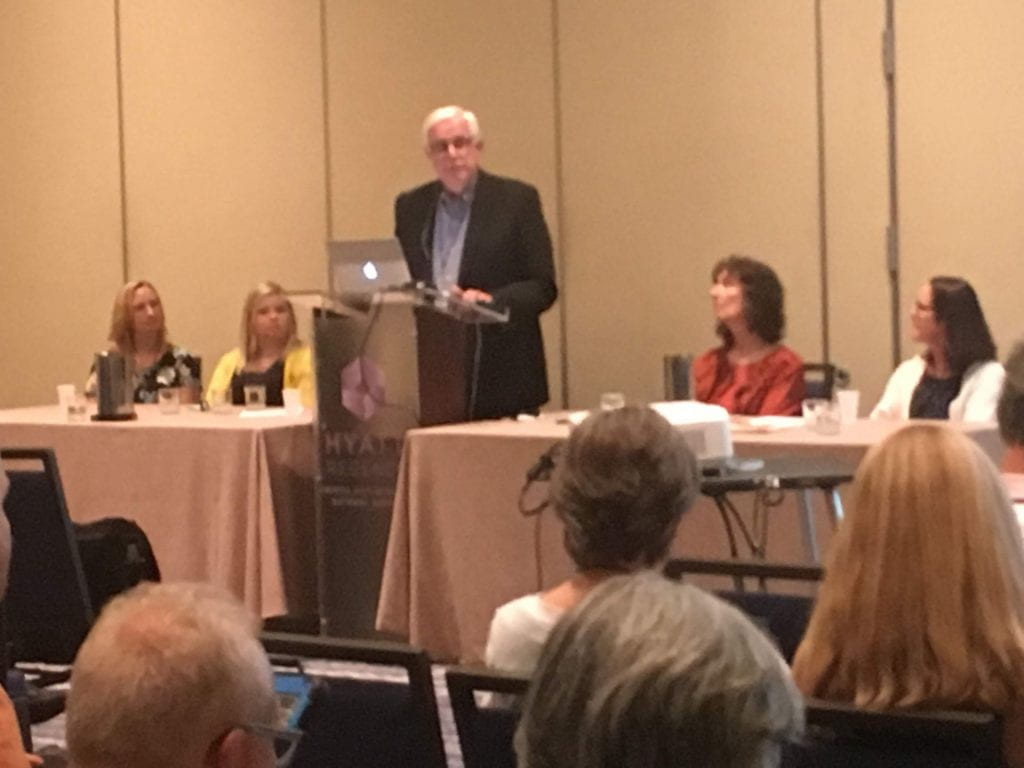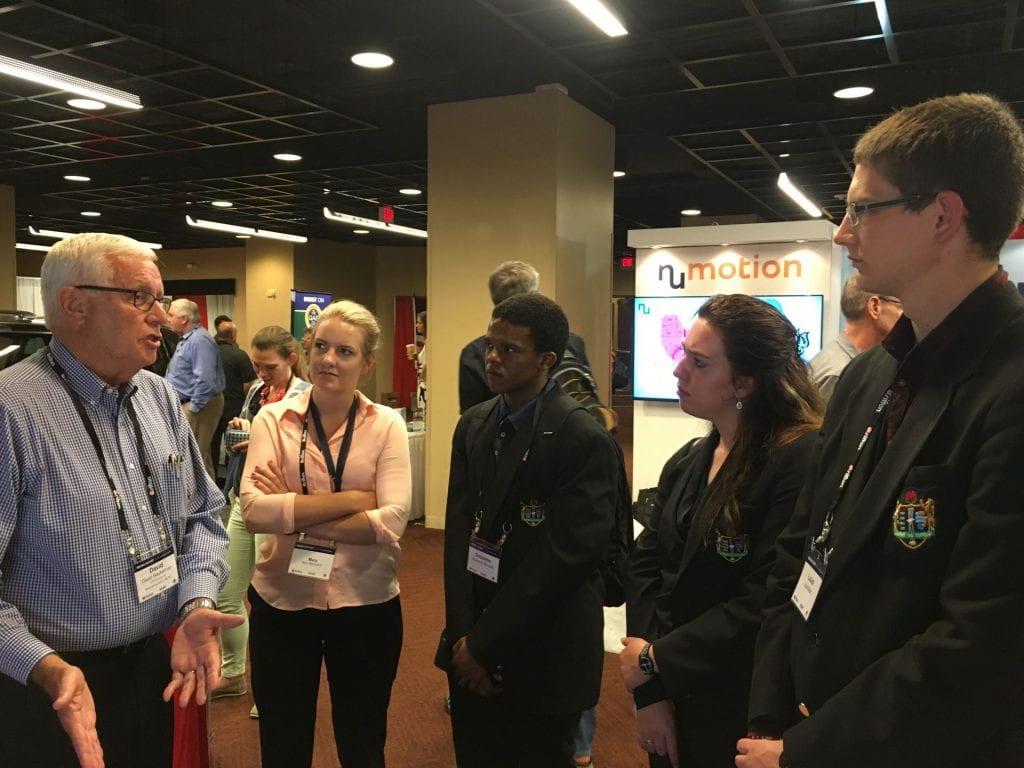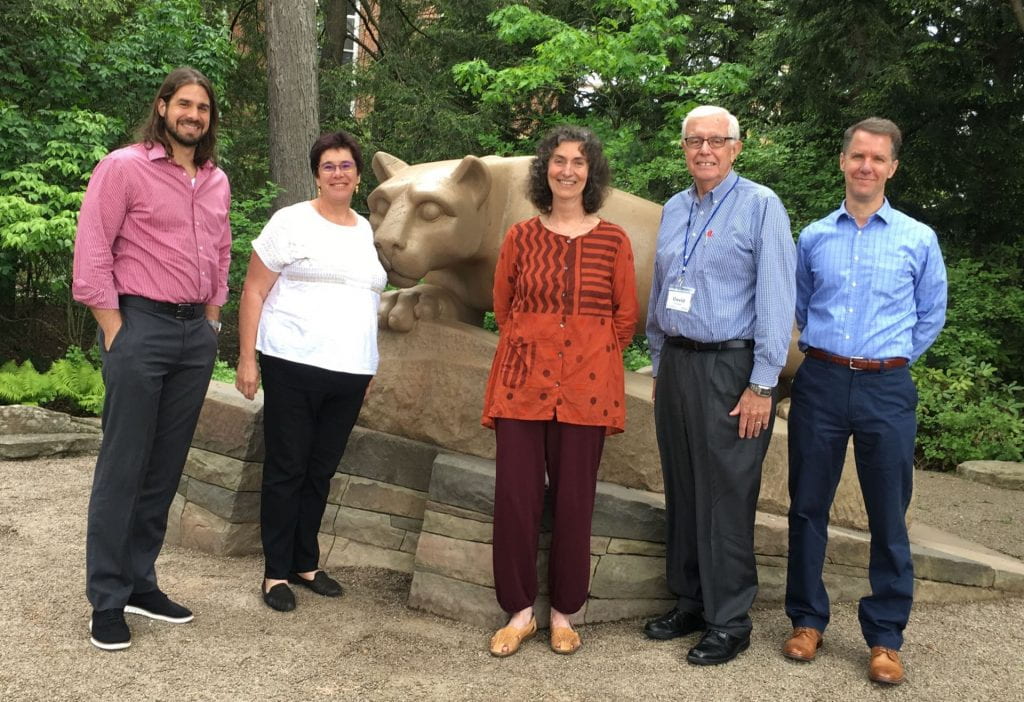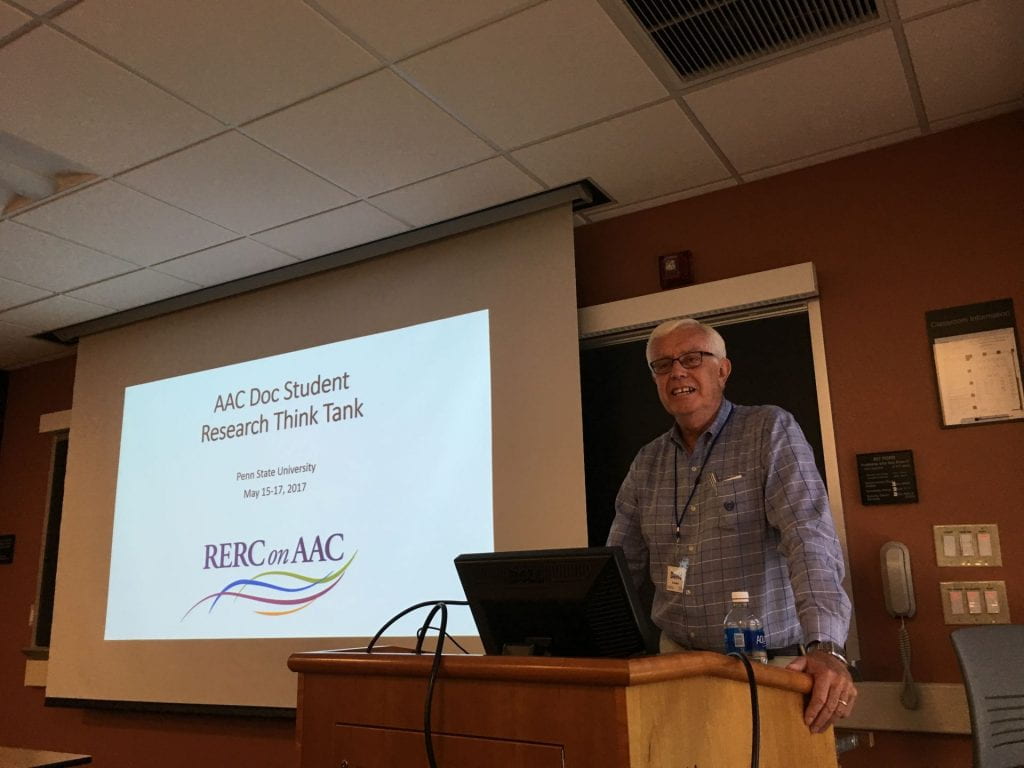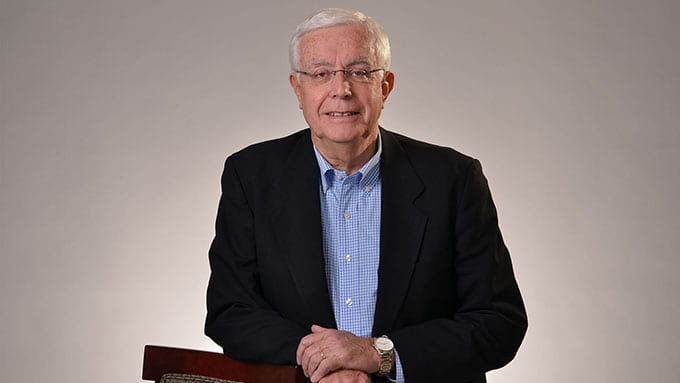
We share, with great sadness, the passing of Dr. David R. Beukelman on Saturday, February 5, 2022. Dave’s work was pivotal in the development and establishment of the field of AAC – he authored and edited its leading texts, advised and mentored the next generation of AAC leaders, and conducted research that expanded the use of AAC to underserved populations.
While his writing and research was and will continue to be recognized on a national and international level, David’s work was grounded in his clinical experiences of the past 40 years – many of his insights came from his work in providing ongoing communication intervention to individuals in his community. Dave reflected on his evolving contributions to the field of AAC in this presentation at the 2017 AAC ThinkTank.
Dave’s ability to truly watch and listen, and to see the short and long term impact of his efforts as they were experienced by those he served, made him not only a highly respected interventionist, researcher, and faculty member, but also a valued mentor and friend to many.
Dr. David Beukelman was the Barkley Professor Emeritus of Communication Disorders at the University of Nebraska-Lincoln , and was a Senior Researcher in the Institute for Rehabilitation Science and Engineering at Madonna Rehabilitation Hospital in Lincoln, Nebraska. He also served as the Director of Research and Education of the Communication Disorders Division, Munroe/Meyer Institute of Genetics and Rehabilitation, University of Nebraska Medical Center, Omaha, Nebraska. He was named as an ASHA Fellow in 2001, and an ISAAC Fellow in 2016.
Dave was an active partner in the current RERC on AAC, and took a leadership role on research projects, publications, and webcasts during his work on RERC projects from 2003 to 2022.
Dave’s thoughtful contributions will be deeply missed, he was truly a humble giant in the field of AAC.
Selected publications, presentations, and resources
- Beukelman, D.R. & Light, J. (2020). Augmentative and alternative communication: Supporting children and adults with complex communication needs
- Now in its 5th edition (1-4 with Pat Mirenda as Co-Editor)
- Beukelman, D. R., Fager, S., Ball, L., & Dietz, A. (2007). AAC for adults with acquired neurological conditions: A review. Augmentative and Alternative Communication, 23(3), 230-242.
- Beukelman, D.R., Fager, S., & Nordness, A. (2011). Communication support for people with ALS. Neurology Research International.
- Beukelman, D. R., Hux, K., Dietz, A., McKelvey, M., & Weissling, K. (2015). Using visual scene displays as communication support options for people with chronic, severe aphasia: A summary of AAC research and future research directions. Augmentative and Alternative Communication, 31(3), 234-245.
- Beukelman, D., Hux, K., Weissling, K., Dietz, A., & McKelvey, M. AAC for Aphasia: Use of visual scene displays (webcast)
- Fager, S. & Beukelman, D. Supporting communication for people with minimal movement (webcast)
- Fager, S., Fried-Oken, M., Jakobs, T., & Beukelman, D. R. (2019). New and emerging access technologies for adults with complex communication needs and severe motor impairments: State of the science. Augmentative and Alternative Communication, 35(1), 13-25.
- Light, J., McNaughton, D., Beukelman, D., Fager, S. K., Fried-Oken, M., Jakobs, T., & Jakobs, E. (2019). Challenges and opportunities in augmentative and alternative communication: Research and technology development to enhance communication and participation for individuals with complex communication needs. Augmentative and Alternative Communication, 35(1), 1-12.
Notices
